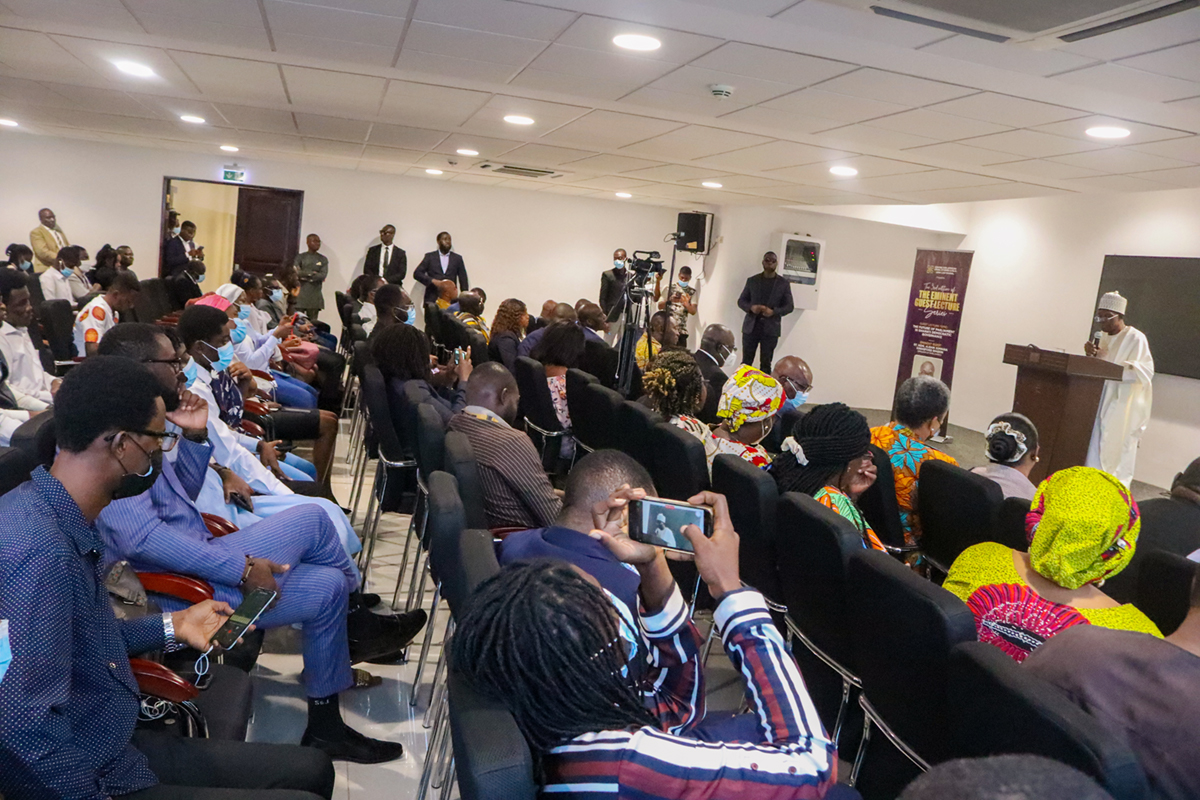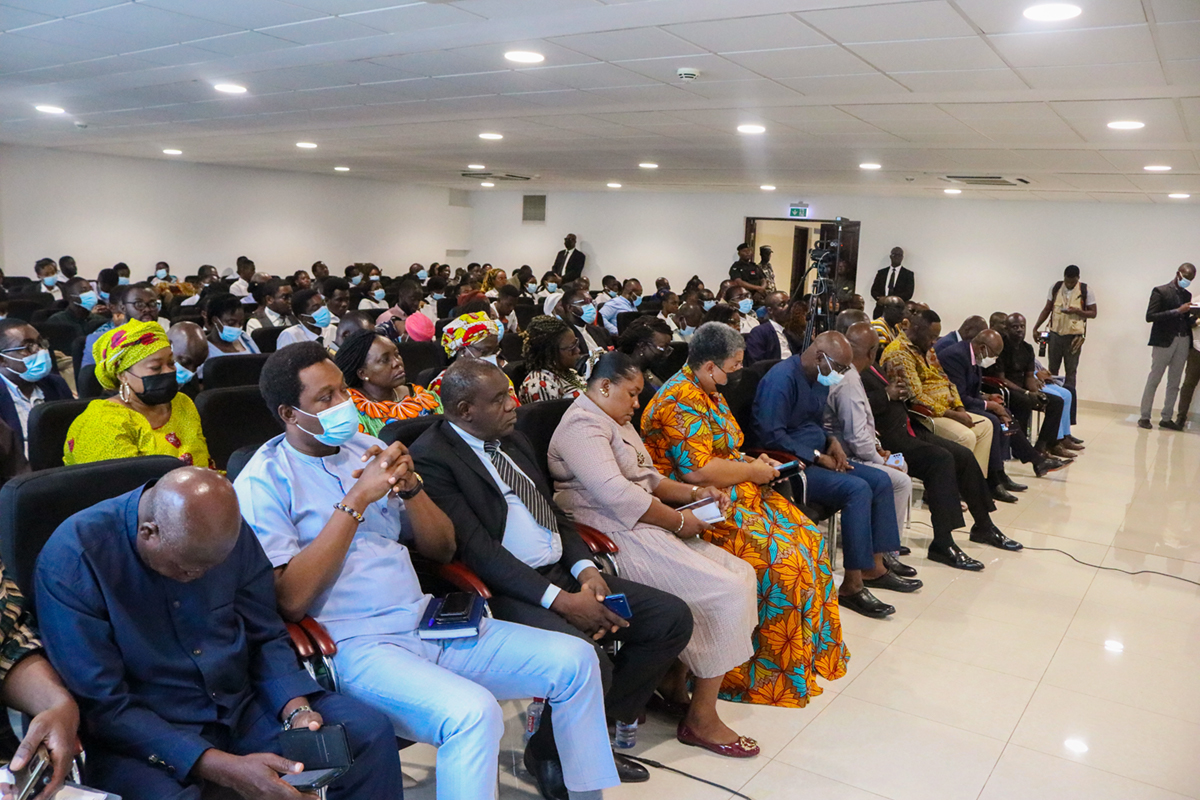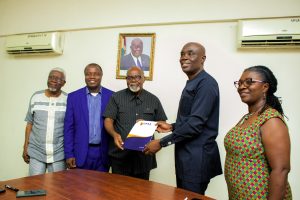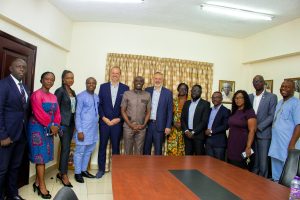The Speaker of Parliament, Rt. Hon. Alban. S. K. Bagbin, has expressed concerns over the partisan nature of Parliament, warning that the legislature risks becoming paralysed in the discharge of its oversight responsibilities if Members of Parliament fail to rise above partisanship.
He said many citizens have lost faith in the power and promise of Ghana’s democratic system to improve their lives and it is imperative for Parliament, which is perceived as the domain of democracy, to restore hope in the people.
Mr. Bagbin stated that restoring hope must include guaranteeing the developmental needs of the people, safeguarding their civil liberties and putting in measures to protect and preserve the very fabric of society.
The Speaker made these assertions at the third Eminent Guest Lecture Series, organised by the UPSA Law School on Tuesday, June 14, at the Kofi Ohene-Konadu Auditorium.
Speaking on the topic “The Future of Parliament in Ghana’s Democratic Governance,” Mr. Bagbin said: “The wave of disillusionment that has affected many countries, including Ghana, should be reversed to restore hope in the power and promise of democracy. Parliament’s role is central in this reversal effort.”

He emphasised the importance of strengthening Parliament’s oversight drive, acknowledging that while Parliament is endowed with broad powers under the 1992 Constitution, the legislature’s oversight mandate has been the weakest link in the Fourth Republic.
He believes that the only way to effectively implement this oversight function to improve accountability and transparency is for both sides of the House to take a bipartisan and neutral approach in how Parliament monitors the management of the State and its resources.
“The economic incentives and carrots that can be gained for siding with the executive, facilitated by extreme loyalty and strict party discipline have all contributed to the weakening of Parliament’s position and oversight power,” he said.

He noted that in the future, Parliament will need to achieve financial autonomy in order for the legislature to be fully equipped with the power to oversee the executive.
He further noted that according to the design of the Constitution, Parliament has the power of the purse, and approval from the Consolidated Fund can only be given by Parliament for government to undertake their projects.
Ironically, he said, the executive approves Parliament’s budget, giving the Executive enormous and overbearing powers over the legislature.
“The current arrangement, in which the executive approves Parliament’s own budget, has the potential to undermine the legislature’s oversight capacity,” Mr. Bagbin said.

For his part, the Pro-Vice-Chancellor of UPSA, Prof. Charles Barnor, in underscoring the importance of Parliament stated that the legislative arm of government can aid national development by actively engaging in the development and the implementation of laws, policies and practices that promote democracy and good governance.
He commended the Hon. Bagbin for availing himself to share his immeasurable wealth of knowledge, wisdom and vast experience with the University Community and the general public at large.
The third Eminent Guest lecture series was attended by former and present Members of Parliament, high-profile personalities, faculty members, students and some members of the general public.



